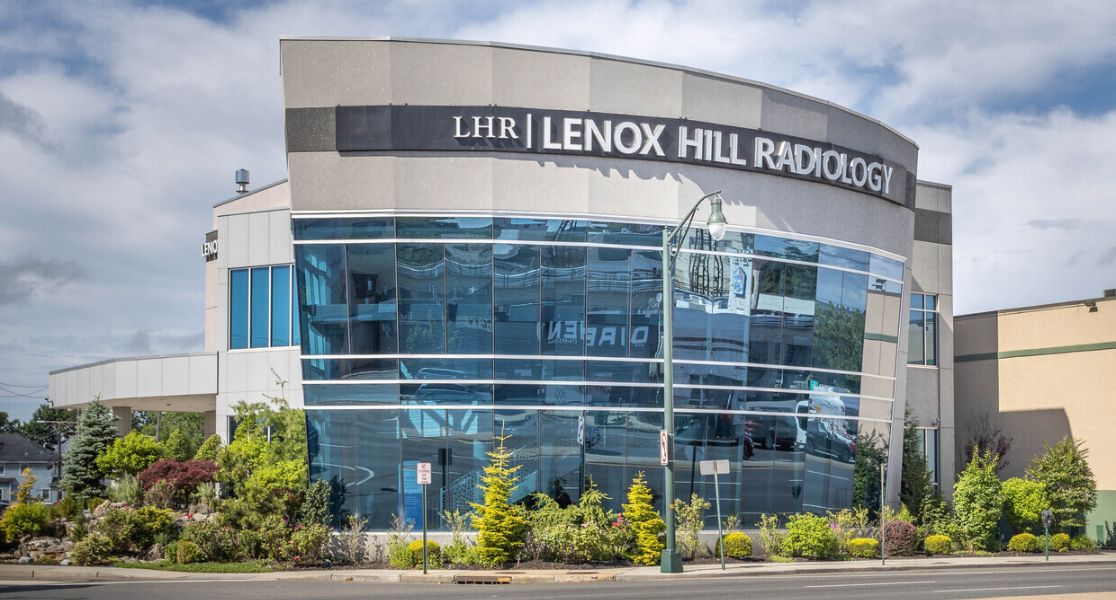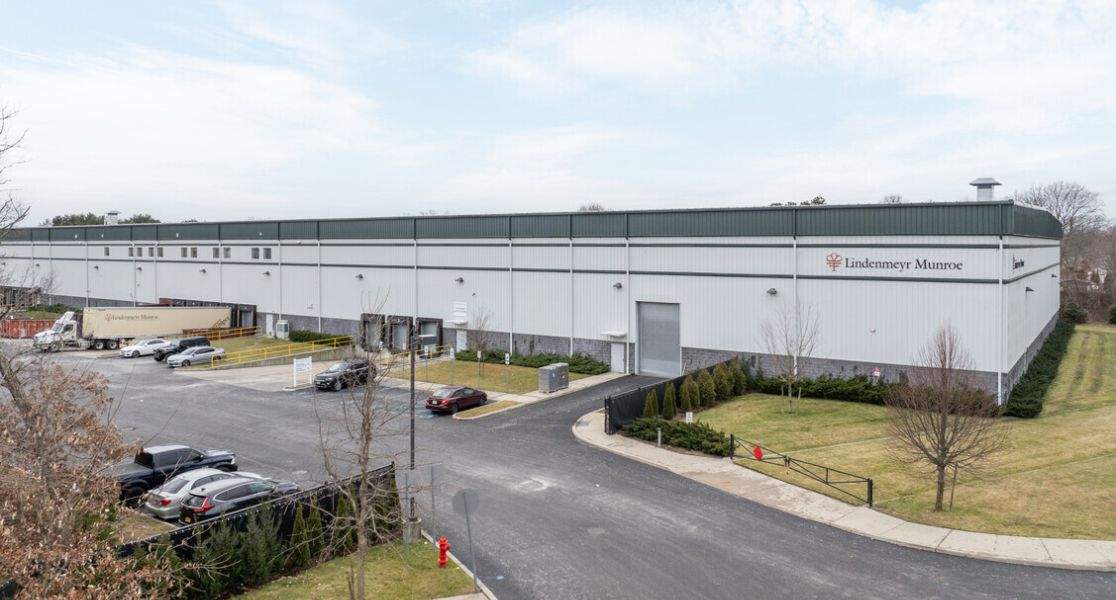
If you’re reading this it’s clear you want to learn more about commercial real estate. You’ve come to the right place. Below we’ll define basic or simple commercial real estate terms. These easy terms are meant to give you insight into the commercial real estate industry.
18 Easy Commercial Real Estate Terms to Learn
1. Commercial Real Estate (Categories & Types)
Commercial real estate categories and types range from retail, office, industrial/warehouse, multi-family, and land use. Learn more specifics of the different categories here.
2. Building Classifications
Building classifications for commercial properties vary based on its age, location, income, and more. Based on its factors, it will receive a grade of Class A, Class B, or Class C.
3. Property Appraisal/Valuation
An appraisal or valuation is an unbiased report which uses market trends, financial and property analysis, and comparable properties to accurately price your real estate.
4. Green Building
Green buildings are also known as eco-sustainable buildings. These buildings are financially and environmentally beneficial, as they utilize energy saving technology and amenities.
5. Return on Investment (ROI)
Return on investment (ROI) is a performance measure used to evaluate the efficiency of a commercial real estate investment.
In other words, it’s the ratio of money gained or lost on an investment relative to the amount of money invested.
6. Capitalization Rates (Cap Rates)
Capitalization rate, or cap rate, is one of the most common terms used for commercial real estate investments. It’s the return of investment based on the principle of anticipation. The higher the cap rate, the higher the return on investment.
A cap rate is calculated by the net operating income of a property divided by it’s property value
7. Real Estate Investment Trust (REIT)
A Real Estate Investment Trust (REIT) is a company that owns or finances income-producing properties. REITs are like mutual funds. These companies allow investors to pool their money into a collection of properties or other real estate assets.
8. Tenant Credit
Tenant credit is a way to understand how tenants make their money, the feasibility of their business, and the financial obligations of the tenants (such as loans).
Tenant credit is used to guarantee that the tenant is able to fulfill their rent and financial obligations to the landlord.
9. Crowdfunding
Crowdfunding allows people outside of traditional investor groups and lenders to join in on the process by inviting them to pool their money together to invest in a real estate project. These investments are commonly done through online investment platforms.
10. Due Diligence
Due diligence is a period of time afforded to the purchaser to enter into and upon the site to study, examine, and inspect all aspects of the property. The due diligence process is done in three steps:
- Preliminary Due Diligence
- Due Diligence
- Environmental Site Assessments
11. Environmental Site Assessment
The purpose of an Environmental Site Assessment (ESA) is to determine whether the property presents a liability risk. These two phase ESAs help to identify the risks of contamination from hazardous chemicals.
12. Good Guy Clause
The Good Guy Clause is a limited personal guarantee that evolved as a compromise between landlords and tenants. In a Good Guy Clause an tenant’s personal and financial liability ends when the commercial space is vacated.
13. Easements
An easement is a legal right that allows the holder of the easement to use property that he/she does not own or possess for a specific purpose. A common example of this is when a land is isolated from public roadways and the only way to transport is through another owner’s property. An easement gives a person permission to pass-through using the property they don’t own.
14. Value Add
A value add opportunity or value add investment is the process of enhancing a property’s value and ultimately increasing cash flow, by doing physical or financial improvements. Here are 12 ways you can add value to commercial real estate.
15. Letter of Intent
A letter of intent is used in commercial real estate to purchase or lease a property. A letter of intent outlines broad terms for negotiating a final agreement between a buyer or tenant and an owner of a property.
16. Escrow
Escrow is a method of closing a real estate transaction which includes an arrangement for the deposit of funds to a third party (ie. bank). It’s used as a way to protect both the buyer and seller during the real estate transaction process.
17. Preliminary Title Report
A preliminary title report is received during the preliminary due diligence process. The preliminary title report presents important details. It includes ownership, lien, and other information which dictates the conditions a title insurance company will issue insurance on.
18. Rent Concession
A rental concession is a compromise a landlord makes to the original tenant lease terms in the hopes of attracting or keeping a tenant. Rent concessions are popular during a sluggish rental market.
Sign Up For Our Newsletter
Found this post useful? Consider signing up to our newsletter where you will receive monthly commercial real estate content (and you’ll continue to enhance your knowledge). Sign up here.






